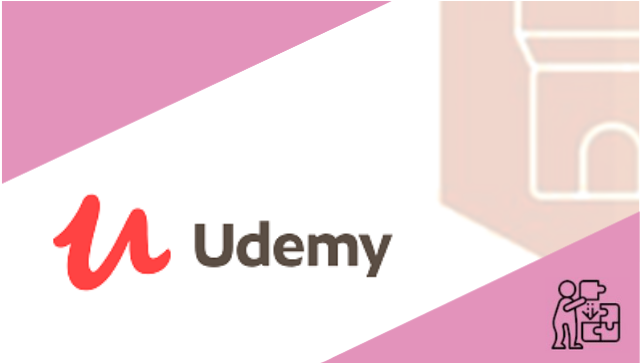

It cannot see the other containers, physical storage, or get incoming connections unless you explicitly state that it can. You can think of it as an isolated machine, or a virtual machine if you prefer.įrom a conceptual point of view, a container runs inside the Docker host isolated from the other containers and even the host OS. There are some basic concepts you’ll need to learn and they are:Ī container is what you eventually want to run and host in Docker. Let’s get started working with these two tools by learning from the experts, Arnaud Weil and Viktor Farcic. It’s important to get your application containerized, but don’t forget the next step in the process how will you run your containers at scale in production? If you answered Kubernetes, you’re correct. Kubernetes offers things like auto-scaling, health checks, and load balancing which are crucial to managing the container lifecycle. As mentioned earlier in this post, it’s not enough to merely run containers in production, they need to be regulated and Kubernetes offers some great features that make working with containers even easier. The two technologies are designed to work together, and when they do it’s a DevOps dream. These tools are today known as container schedulers.įor more on this, see our guide: Why and when it’s a good idea to use Kubernetes. The real benefits are obtained with tools that sit on top of containers - like Kubernetes. You might ask: aren’t containers supposed to do all that? The answer is that containers are only a low-level piece of the puzzle. Scale up and scale down based on the demand.Integrate and orchestrate these modular parts.It’s not enough to run containers you need to be able to: These containers need to be deployed, managed, and connected and updated if you were to do this manually, you’d need an entire team dedicated to this. When it comes to running containers in production, you can end up with dozens, even thousands of containers over time. Kubernetes (k8’s) is the next big wave in cloud computing.

Kubernetes is a powerful container management tool that automates the deployment and management of containers. They create an abstraction at the app layer that packages your application and dependencies with everything it needs to run including: the operating system, application code, runtime, system tools, system libraries, etc.Ĭontainers take up less space than VMs (container images are typically tens of MBs in size), can handle more applications and require fewer VMs and Operating systems. Docker makes it easier to create, deploy, and run applications with the use of containers.Ĭontainers are what make Docker so appealing to the modern developer. It’s a set of platform-as-a-service products designed to solve the many challenges created by the growing DevOps trend.
#Docker and kubernetes complete guide code
Consider this before and after scenario:īefore Docker: a developer sends code to a tester but it doesn’t run on the tester’s system due to various dependency issues, however it works fine on the developer’s end.Īfter Docker: As the tester and developer now have the same system running on Docker container, they both are able to run the application in the Docker environment without having to face differences in dependencies issue as before.Ī little more about Docker and containers:ĭocker is a containerization platform that packages your application and all its dependencies together in the form of a docker container. If you’re already familiar with Docker and Kubernetes you can skip straight to the “Getting started” sectionsĪ Real Life Scenario: Docker makes it really easy and simple for different people working on a project to run their application in the same environment without any dependencies or OS issue involved as Docker provides its own OS. The difference between Docker and Kubernetes What is Kubernetes and why should I use it? What is Docker and Docker containers and why should I use them? Whether you’re a developer, data scientist, product manager, or something else, there are two tools that you’ll want to become very comfortable with: Docker and Kubernetes.ĭocker, the containerization platform, and Kubernetes, the container orchestration platform are both fundamental tools that are crucial to furthering your career.

#Docker and kubernetes complete guide software
When bringing up these trends it’s hard to ignore some of the big names, like Kubernetes and Docker, which have for lack of a better word, revolutionized the way we develop and deploy software at scale. As businesses migrate their infrastructure and architecture to reflect a cloud-native, data-driven era, we’ve seen a rise in the topics of cloud computing, containerization, and container orchestration.


 0 kommentar(er)
0 kommentar(er)
